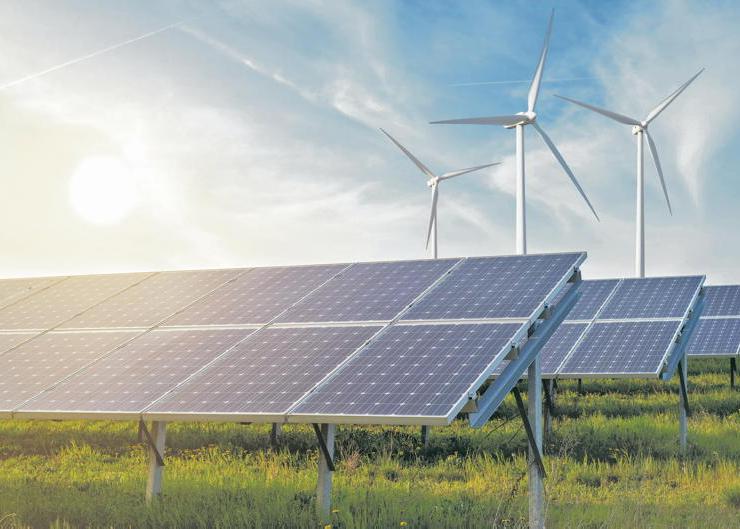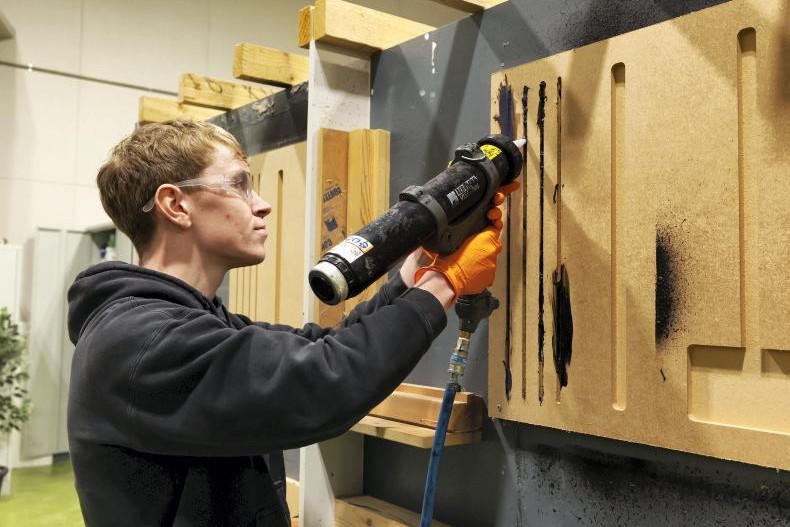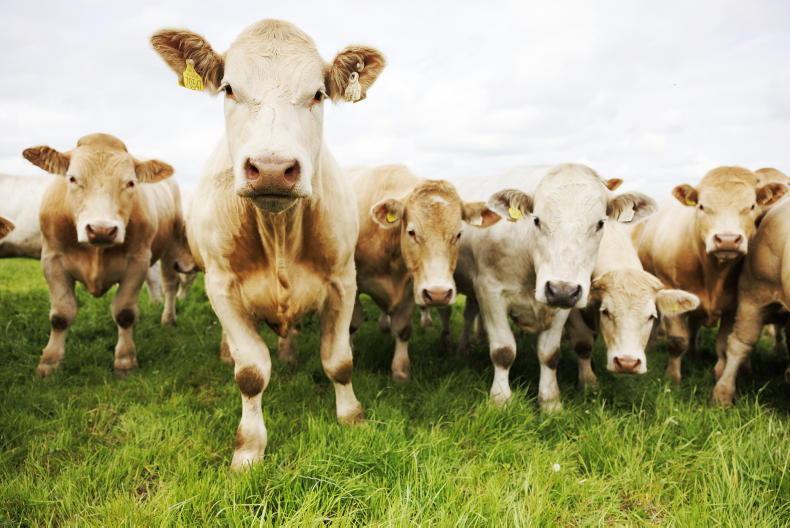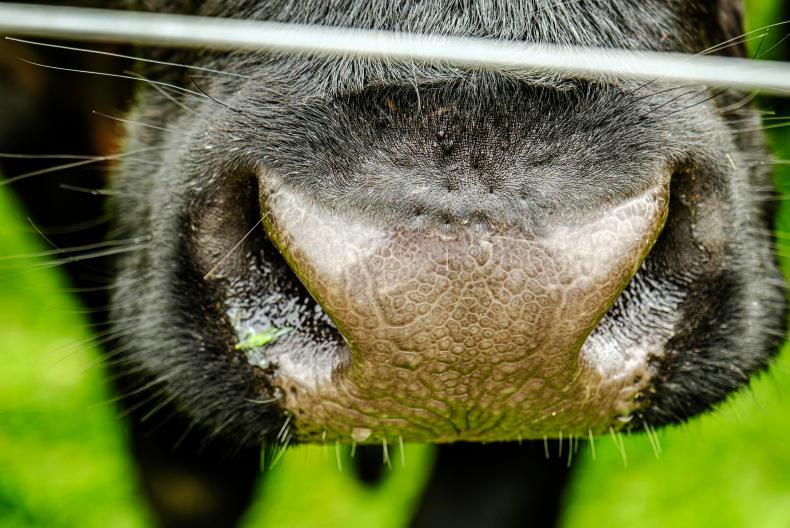The Irish Co-operative Organisation Society (ICOS) has this week welcomed the Government’s proposed micro-generation support scheme, but said that minor changes and additional supports are required.
Last month, the Government opened a public consultation into the proposed micro-generation scheme, which will allow generators to sell surplus electricity back to the grid.
The scheme is due to be launched in the summer.
ICOS, the umbrella for the co-operative movement in Ireland, will make its submission to the public consultation and said that Irish dairy farms in particular are a perfect fit for farm-based solar micro-generation.
Irish dairy farms have an average herd size of 90 cows. For a typical herd of this size, the installation of an array under 11kW makes sense.
However, the energy consumption on a considerable number of dairy farms would certainly warrant an array of up to 30kW, possibly even 50kW for larger dairy farms, in the presence of a feed-in tariff.
The micro-generation scheme will be limited to 50kW capacity.
Costs and returns
The ICOS submission projects potential annual savings from the on-farm use of renewable energy of between €843 to €2,341.
Potential annual income from the supply of electricity from the farm to the grid ranges from €208 to €2,773.
The projections identify a return on investment of between 2.9 to 13.3 years, depending on the scale of the dairying farm and the scale of solar installation, usually affixed to outbuildings and/or underused areas around the immediate farm buildings.
ICOS has called for an additional specific renewable energy infrastructure grant scheme for agricultural holdings to promote farm-based solar generation.
Figures suggest that investment costs range from €3,900 for a 3kW array to €52,000 for a 40kW array.
Targeted Agricultural Modernisation Scheme (TAMS) grants are also available for arrays ranging from 3kW to 11kW in size, but further supports are needed for larger arrays.
Community energy generation
ICOS also highlighted the potential for community energy generation, supported by co-operatives.
The submission noted that co-operatives are autonomous, democratic, member-led organisations, which satisfies the criteria of a renewable energy community.
It said that a number of dairy purchasing co-operatives and co-operative livestock marts are strategically located in or are in close proximity to a number of rural towns throughout the country and would therefore be well placed to meet the energy needs of their locality.
However, it was also noted that the national grid needs to be upgraded to facilitate such projects.









SHARING OPTIONS